University Library E-News
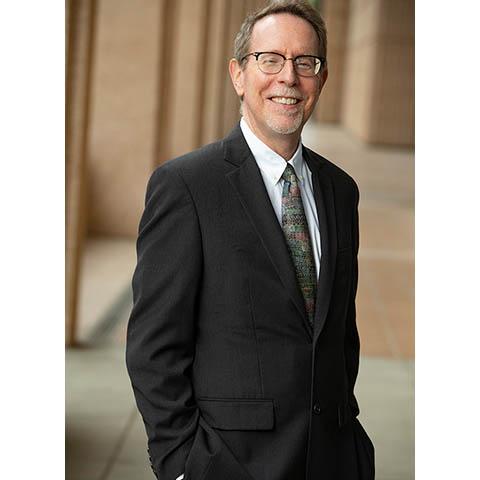
Many of us (myself included) have a sentimental view of the past. We romanticize it and forget that the world is a different place now – and we forget that trying to hold onto the past is often counter-productive. But British author and mathematician Lewis Carroll (and his unforgettable protagonist Alice) was a bit more clear-eyed about the past and the present, and the difference between the two. He wrote in Alice in Wonderland, "It’s no use going back to yesterday, because I was a different person then."
University libraries aren’t exactly falling down the rabbit hole, but they continue to evolve, sometimes in subtle ways, other times in more substantive ways. This issue of the CSUN Library eNews includes three articles that demonstrate some of the changes that we in the University Library are experiencing, and how these changes fit into our overall mission.
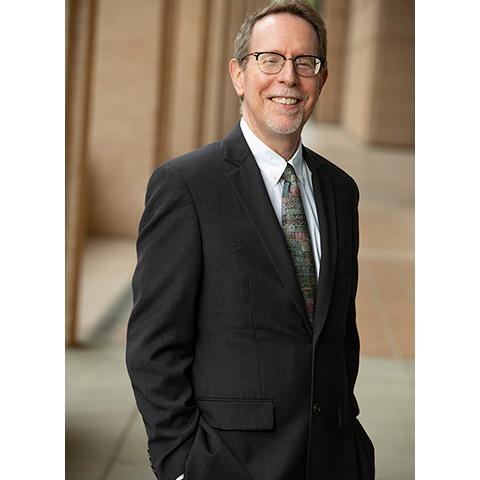
The French have a saying: “plus ça change, plus c'est la même chose.” The more things change, the more they stay the same. This is a maxim that we can all resonate with, in many facets of our lives. As time goes by, and as the world seems to transform in so many ways, certain themes tend to repeat themselves, generation after generation. But in this edition of the CSUN Library eNews, I would like to slightly revise that old French adage to something that is perhaps slightly less paradoxical: “The more things change … the more they really change!” What I mean by this new axiom is that sometimes the transitions we experience in life and work are so radical that it seems as though we have entered a new dimension of reality. In many ways, this is how I feel as I write this column in late March 2022.
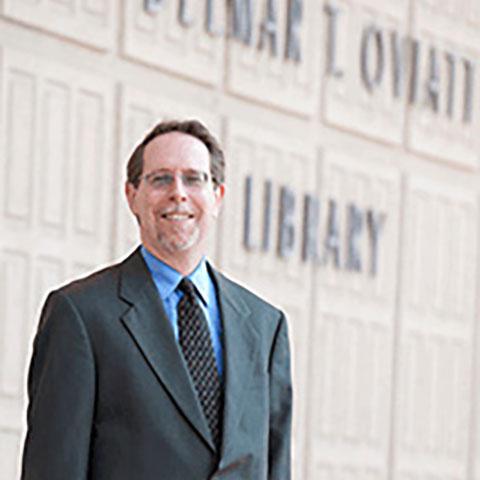
When entering the newly renovated Library lobby, the visual changes are nothing short of stunning. When standing just inside the front doors on the south-facing structure, patrons now encounter unobstructed sightlines to the long wall of glass windows on the north side of the building. This newly opened view to the outside gives visitors a sense that the massive edifice that they just entered is somehow miraculously floating just above them.
As the Oviatt looks toward a future that will undoubtedly bring with it new challenges in how information resources are managed and kept easily accessible, this expanded view will be nice and attractive. What will be necessary, however, is a clearly focused vision.
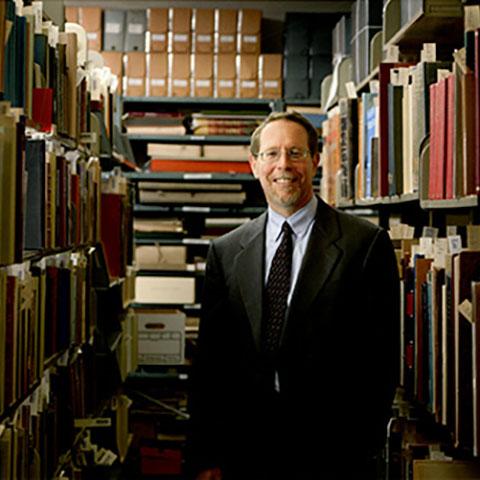
The 17th century English poet Robert Herrick wrote, “Thus times do shift, each thing his turn does hold; new things succeed, as former things grow old.”
This lyrical wordsmithing by the poet could well describe the Oviatt Library over the past 2 years, and especially this fall season. Perhaps it is because September often brings with it the beginning of the school year, but many of us associate autumn with change and newness. This issue of the Library eNews will focus on some of the changes in the Oviatt that are re-making our space and bringing new life to an old, familiar place.
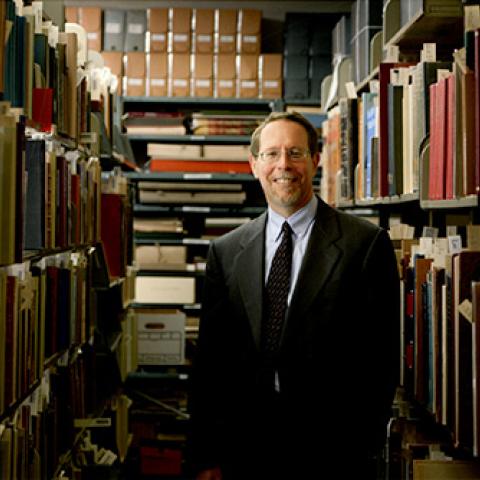
Woodrow Wilson was a political science professor, president of Princeton University, winner of the Nobel Peace Prize, and president of the United States. In one of his presidential campaigns he used the slogan “The pen is mightier than the sword,” which should endear him to all those who love libraries. But it is another quote from Woodrow Wilson that I want to focus on in this dean’s message.
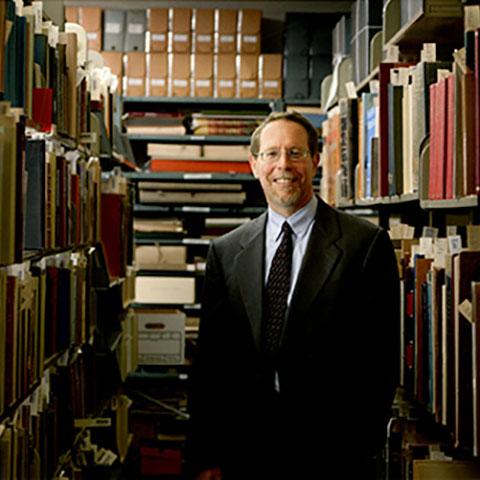
The venerable Chinese philosopher Confucius said that if you think in terms of a year, plant a seed, and if you think in terms of 10 years, plant a tree, but if you think in terms of 100 years, teach the people. In a world with potentially cataclysmic challenges like climate change, our future well-being is directly tied to our passionate resolve to teach.
Now more than ever, educating the students at CSUN remains one of the primary facets of the Oviatt Library mission, and this edition of the eNews will highlight the many ways that we accomplish this goal through hard work, innovation, and dedicated service.
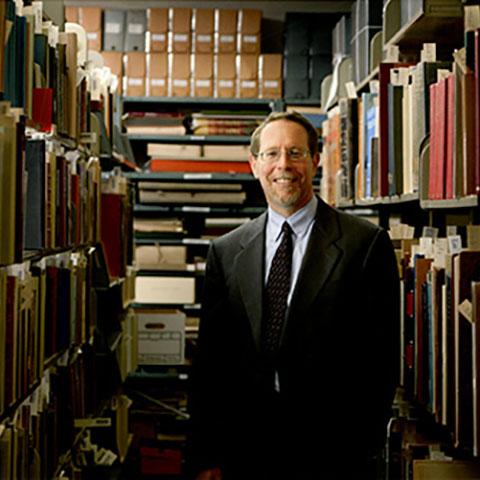
One of my favorite parts of the Oviatt Library is Special Collections & Archives (SC/A). I’m not an archivist myself, but one of my first mentors taught me that Special Collections & Archives is the jewel in the crown of every library. The SC/A rare books are amazing to look at and study, and the archival collections are truly unique. Every time I visit this space I’m reminded of the importance of curating and caring for these materials, as well as the positive academic impact on students and researchers who are afforded access to these collections.
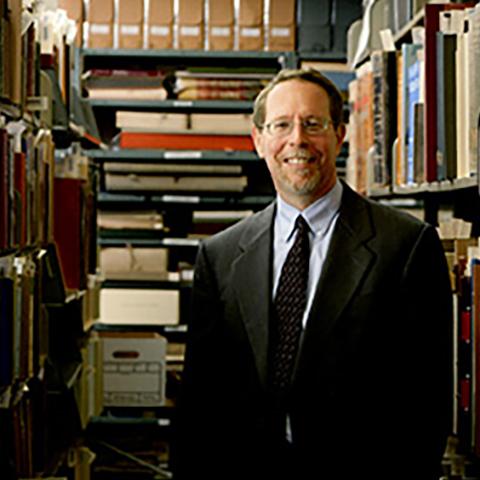
One of the most rewarding aspects of library work is to provide diverse educational and cultural programming and resources that recognize individual accomplishments and document transformative social movements. In this issue of the Oviatt Library eNews, the editorial staff wanted to highlight women’s achievements. The CSU boasts a strong contingent of women leaders (52.2 percent of CSU campus presidents are women – nearly double the national average for U.S. colleges and universities). At CSUN, the past 26 years have been led by a woman president.
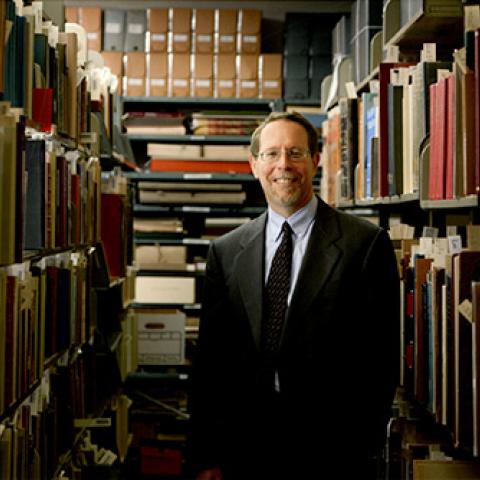
I have belonged to many different communities throughout my life. Sometimes communities are geographical in nature, and with that lens in mind, I have lived in over twenty different neighborhoods. But just as often, communities are seen through a different lens, whether ethnic, religious, gender identity, or other categories. Sometimes communities are fluid, and people can pass in and out easily, but other times they have rigid boundaries with circumscribed membership requirements.
The Oviatt Library is in many ways its own community. This community includes employees (such as our 90 staff and faculty and our 140 student assistants); campus faculty and staff; local users and supporters; and of course, the 38,000 CSUN students who make excellent use of our resources and services.
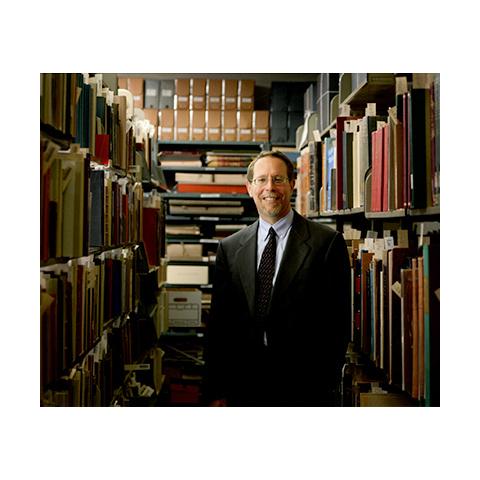
As I write these words, the sky in Northridge has become dark and ominous from distant fires, perhaps symbolic of the fear and uncertainty that lies beneath the surface for many of us during these challenging days. The spring 2020 pandemic and the early summer societal upheaval surrounding our country’s social justice reckoning have caused many of us to seek out that “one true thing” that can anchor us to solid ground and give us more meaning in our jobs and our personal lives.